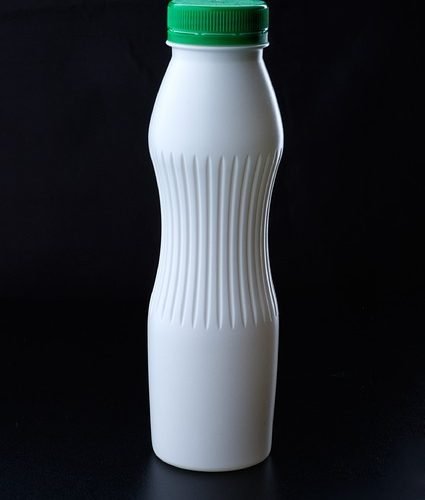Seeds for Bees encourages using cover crops to increase the density, diversity, and duration of bee forage in California orchards, farms, and vineyards, while improving soil health. The seed mixes available through Seeds for Bees are designed to bloom at critical times of the year when natural forage is scarce but managed and native bees are active. Seeds for Bees serves the needs of bees, beekeepers, and growers, increasing the sustainability of pollination and agriculture.
Just like humans, honey bees are better able to deal with stressors if properly nourished. With good nutrition, bees are better able to fend off parasites and pathogens and stay strong in the face of pesticides and other stressors.
Healthier bees mean stronger hives and better pollination.
Seeds for Bees increases the diversity, density, and duration of available bee forage in California orchards and farms, while improving sustainability and supporting good land stewardship.
This win-win situation benefits both beekeeper and grower by providing better nutrition for bees, adding organic matter to the grower’s soil, increasing water infiltration, reducing erosion, and providing a natural weed control.



